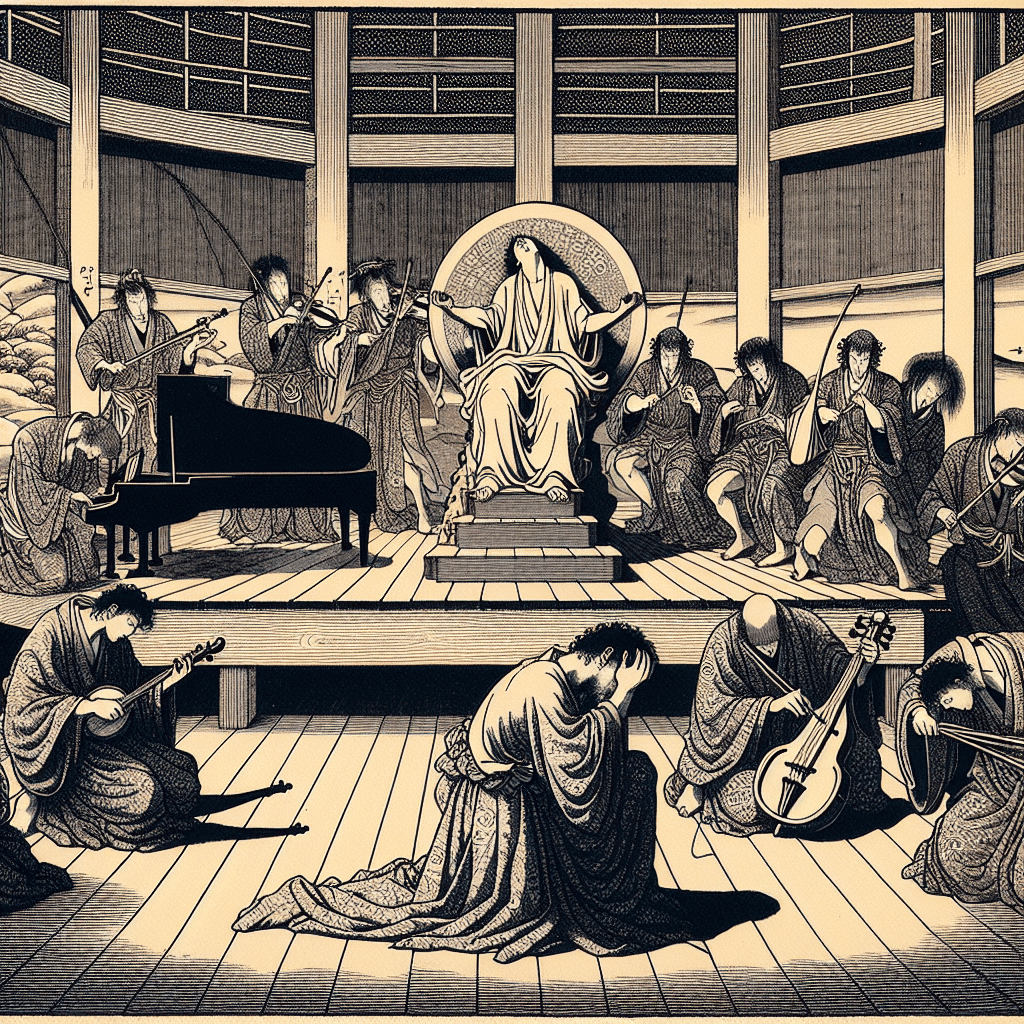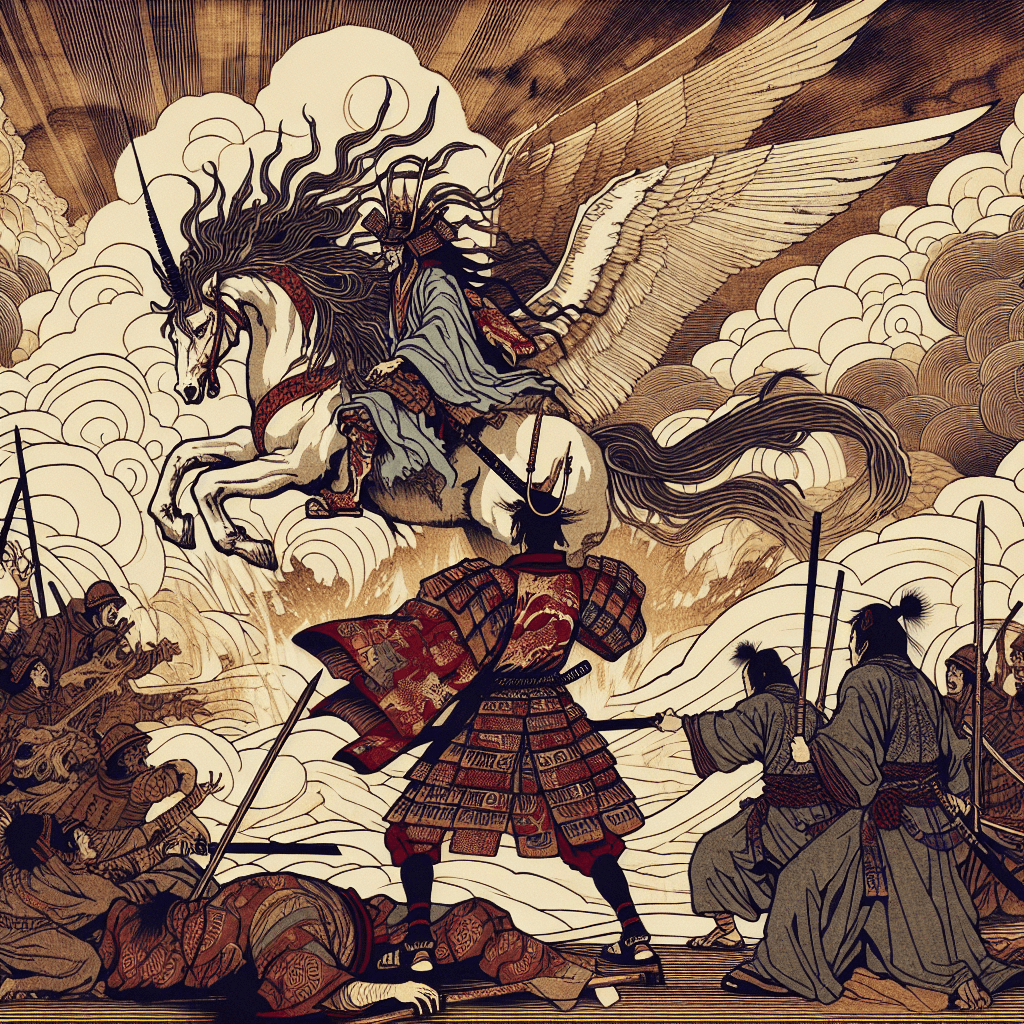The Historical Context of David's Lament for Jonathan
syndu | Jan. 3, 2024, 4:13 p.m.

The Historical Context of David's Lament for Jonathan
David's lament over the death of Jonathan is a poignant moment captured in the pages of the Hebrew Bible, resonating through the corridors of history with its raw emotional power and poetic beauty. To fully appreciate the depth of this ancient elegy, it is essential to delve into the historical context in which it was composed.
The Setting of Ancient Israel
The lament is set against the backdrop of ancient Israel, a time of tribal confederacies and nascent monarchies. The period is marked by social and political upheaval, with the Israelites striving to carve out a place for themselves amidst the established Canaanite city-states and the encroaching empires of the ancient Near East.
The Political Landscape
During this era, Israel was transitioning from a loose confederation of tribes to a centralized monarchy. The first king, Saul, struggled to unite the tribes under his rule and faced constant threats from external enemies, particularly the Philistines. It was a time of intense political intrigue and shifting allegiances, with the young David emerging as a charismatic and capable leader, initially serving under Saul before eventually becoming his rival for the throne.
The Social Landscape
Socially, ancient Israel was a patriarchal society with a strong emphasis on kinship ties and clan loyalty. The bonds between individuals were often sealed with covenants, which were sacred agreements that held great significance in both personal relationships and political alliances. The friendship between David and Jonathan is a prime example of such a covenant, transcending the typical power dynamics of the time.
The Battle at Mount Gilboa
The battle at Mount Gilboa stands as a pivotal moment in Israelite history. The Israelite forces, led by King Saul, faced the Philistines in a conflict that would determine the fate of the kingdom. The battle ended in tragedy for the Israelites, with Saul and his sons, including Jonathan, falling on the battlefield. This event not only marked the end of Saul's reign but also set the stage for David's ascent to the throne.
The Significance of the Lament
In the aftermath of the battle, David's lament emerges not just as a personal expression of grief but as a national elegy mourning the loss of a leader and a beloved friend. The lament is a testament to the bond between David and Jonathan, a relationship that defied the political machinations of the time and represented an ideal of friendship and loyalty.
David's words, "How the mighty have fallen," echo the collective sorrow of a nation and the personal anguish of a man who has lost a friend to the ravages of war. The lament is both a tribute to Jonathan and a reflection on the human cost of political strife and conflict.
Conclusion
Understanding the historical context of David's lament for Jonathan allows us to grasp the full weight of its significance. It is a window into the soul of ancient Israel, revealing the complexities of its political struggles, the depth of its social bonds, and the enduring human capacity for grief and remembrance. As we explore this cultural pearl, we uncover the layers of history that have shaped its legacy and ensured its place in the collective memory of humanity.









